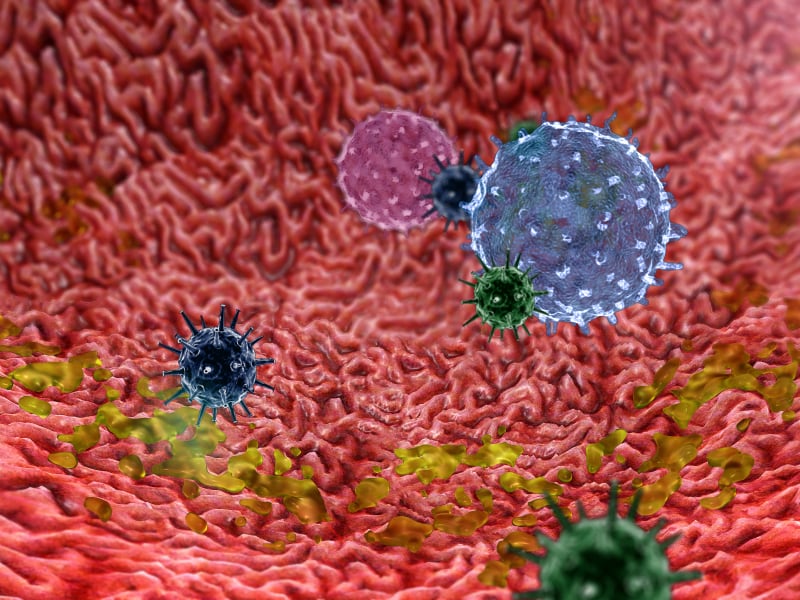The agreement aims to explore the microbiome’s role in human health and disease, particularly the therapeutic potential of specific bacteria in preventing and treating metabolic, gastrointestinal and other diseases.
Of particular interest is Caelus Health’s lead bacterial strain CP-001. This patented species is a formulation of E. hallii and is currently going through a first phase clinical study investigating its role in insulin resistance.
The E. hallii-based product is the first in a series of microbiome-based products the two organisations plan to market.
“We are building a pipeline of products based on the microbiome and have already built a broad pipeline of products of which E. hallii is the first and Intestinimonas is the second,” Caelus Health CEO Dr Luc Sterkman told us.
“Other indications to use E. hallii based products include non-alcoholic fatty liver disease (NAFLD), non-alcoholic steato-hepatities (NASH) and inflammatory bowel diseases (IBD) such as Crohn's disease and ulcerative colitis.”
Microbiome therapy

Bacteria that live in and on our bodies outnumber the number of human cells by ten to one. There is an increased awareness that these bacteria, called the microbiome, play a crucial role in human health and diseases.
Numerous studies have highlighted the therapeutic potential of specific bacteria in preventing and treating metabolic, gastrointestinal and other diseases.
The ongoing clinical trial with the bacterial candidate CP-001 is to establish proof of concept in subjects with metabolic syndrome (MetS). MetS describes a number of conditions with a range of risk factors for cardiovascular disorders, which are likely to develop type 2 diabetes.
In parallel with this trial, a new formulation of CP-001 is being developed with Chr Hansen. A bridging study has been planned for the end of 2016 to compare the two formulations.
In 2017 a large phase II trial will seek to demonstrate the safety and efficacy of CP-001 in MetS. Caelus Health intends to commercialise the product with European partners, subject to an EFSA-approved health claim.
Phood?
Many global pharma and food companies as well as new biotech companies are entering the domain focusing on clinical development of microbiome-based products.
In May of 2014, drug maker Pfizer revealed its intention to partner with Second Genome, a biotechnology company based in California, to study the microbiomes of approximately 900 people, including those with metabolic disorders and a control group.
Only a day earlier, Paris-based Enterome had raised €10 million (US$13.8 million) in venture capital to produce tests that used gut bacteria composition to diagnose inflammatory and liver diseases.
“Biotech has made tremendous progress, exemplified by a large number of products that are in preclinical and clinical development phases,” said Dr Johan van Hylckama Vlieg, senior director for microbiomes at Chr. Hansen.
“This is backed up by substantial private investments needed to develop this next generation of preventive and therapeutic products.”

Probiota 2016 in Amsterdam, February 2-4
From zombie probiotics to the future of microbiome science; an EFSA exclusive to global hotspot market wraps; infants and the aged; case studies; latest research and formulations plus more Probiota 2016 is a knowledge store you probably shouldn’t miss.
Click here for more information.
